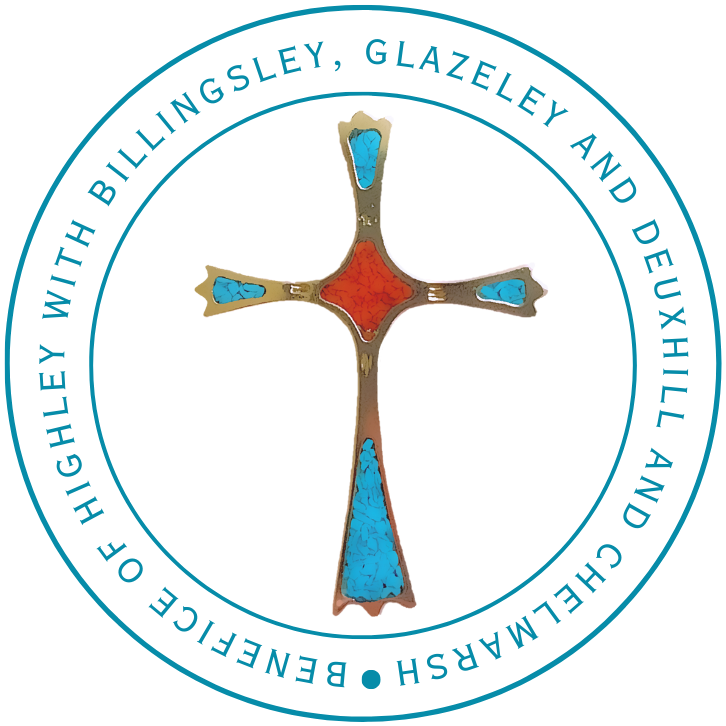SPHEREX, a powerful new telescope, is being launched into space in the next few days. All galaxies emit a form of radiation invisible to the human eye known as infra-red radiation and this is what SPHEREX observes. By measuring this, we can learn about the origins both of the galaxies and the universe. Thus the telescope is on a journey to learn about the physical centre of all things. Co-incidentally, this coming week marks the start of Lent with Ash Wednesday, 5th March. After Shrove Tuesday (pancake day), traditionally Christians observe 40 days of reflection, marking the time that Jesus is said to have spent in the wilderness at the start of his ministry, as he pondered what form it should take. If Lent features at all in the popular imagination these days it is a time of denial, of giving up items, often luxuries such as chocolate or alcohol. That can be part of it, but it is much more than a life-style choice. Jesus went into the wilderness to go on a journey with God, deep inside himself, to learn what form his mission on earth should take. The real point of Lent is that Christians are called to go on that same journey; to explore the spiritual centre of themselves. Just as SPHEREX will enrich us by gazing into the physical universe, Lent can enrich us by helping us to gaze deep into our souls.
Rev David Poyner

